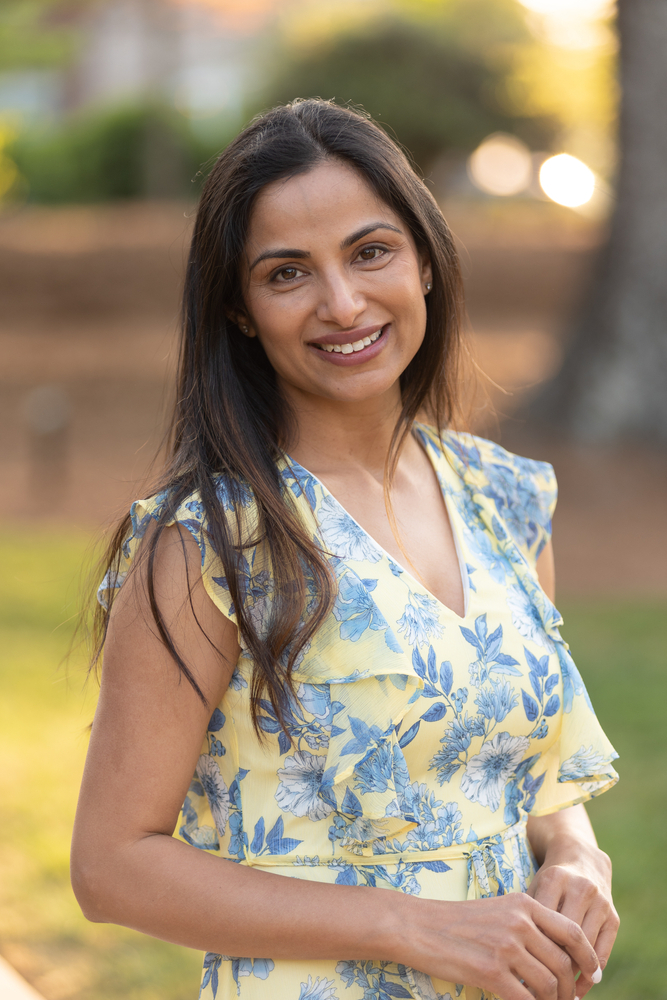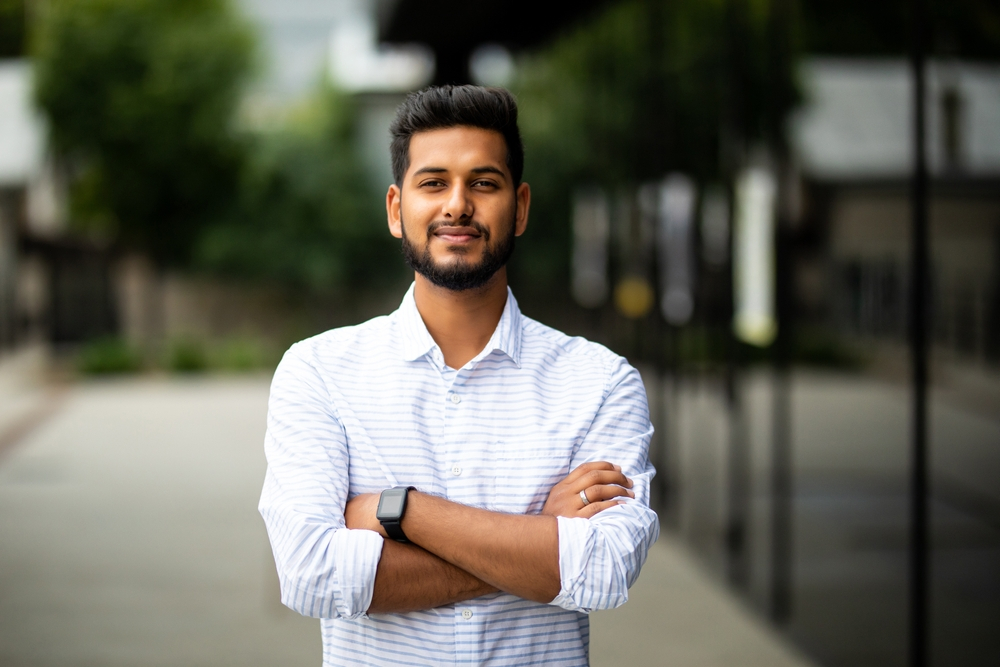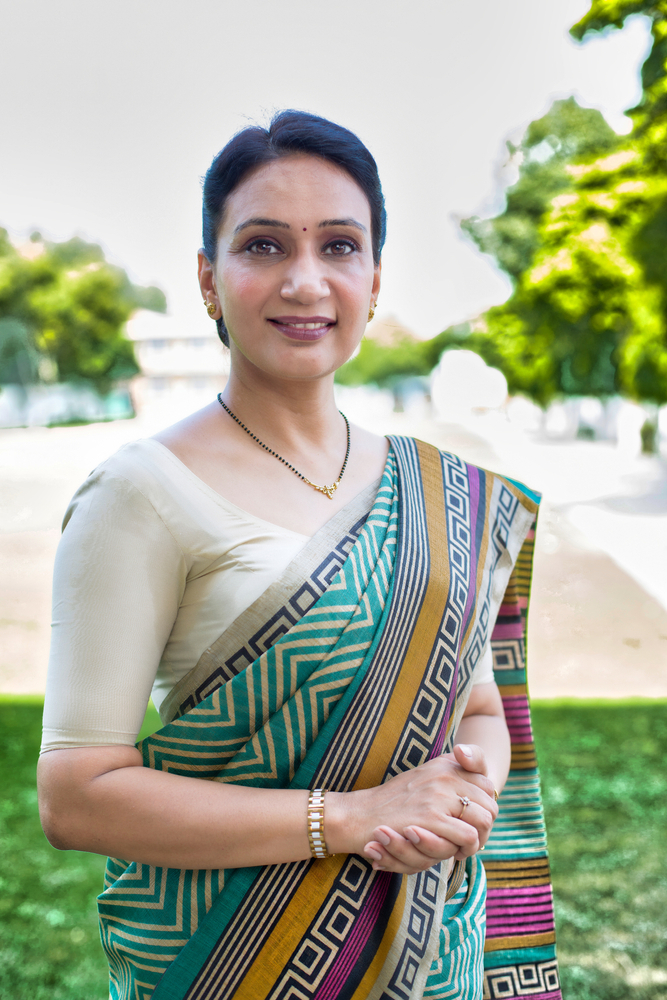Specialized Dentistry
Specialized dentistry encompasses various branches within the field of dentistry, each focusing on specific aspects of oral health and dental care. These specialized areas often require additional education, training, and experience beyond general dentistry. Some notable branches of specialized dentistry include:
- Orthodontics: Orthodontists specialize in the correction of misaligned teeth and jaws. They use braces, aligners, and other devices to straighten teeth and improve bite alignment.
- Periodontics: Periodontists focus on the prevention, diagnosis, and treatment of periodontal (gum) diseases. They may perform procedures such as scaling and root planing, gum grafts, and dental implant placement.
- Endodontics: Endodontists deal with the internal structures of teeth, specifically the pulp and root canals. They perform root canal therapy to treat infections, inflammation, and damage within the tooth pulp.
- Oral and Maxillofacial Surgery: Oral surgeons specialize in surgical procedures related to the mouth, face, and jaw. This can include tooth extractions, corrective jaw surgery, facial trauma repair, and dental implant placement.
- Pediatric Dentistry: Pediatric dentists are dedicated to the oral health of children. They focus on preventive care, early detection of dental issues, and treatment in a child-friendly environment.
- Prosthodontics: Prosthodontists specialize in the restoration and replacement of missing or damaged teeth. They design and place dental prosthetics such as crowns, bridges, dentures, and dental implants.
- Oral Pathology: Oral pathologists diagnose and manage diseases affecting the oral and maxillofacial regions. They play a crucial role in identifying oral cancers and other pathological conditions.
- Dental Public Health: Dental public health specialists work to improve oral health on a population level. They focus on community-based prevention programs, dental health policy, and research in oral health promotion.
- Geriatric Dentistry: This specialty addresses the unique oral health needs of older adults. Geriatric dentists are trained to provide dental care tailored to the specific challenges faced by aging individuals.
- Cosmetic Dentistry: While not officially recognized as a specialty, cosmetic dentists focus on enhancing the aesthetics of the smile. They may offer services such as teeth whitening, veneers, and cosmetic bonding.
- Maxillofacial Aesthetics: Include several aesthetic procedures like botox, dermal fillers, threads, PRP, vampire facial, hair transplant, laser hair removal, skin rejuvenation, etc.
These specialized fields contribute to a comprehensive approach to oral health, ensuring that patients receive specialized care tailored to their specific dental needs. Patients often work in collaboration with general dentists and specialists to achieve optimal oral health and address various dental concerns.

Common question patient's
have about this service!
Q. What is the difference between a general dentist and a specialist?
A. General dentists provide a range of dental services, while specialists undergo additional training in a specific area of dentistry. Specialists focus on particular aspects such as oral surgery, orthodontics, endodontics, periodontics, etc.
Q. When should I see an oral surgeon?
A. Oral surgeons handle complex dental procedures such as tooth extractions (including wisdom teeth), jaw surgery, dental implants, and treatment for oral pathology. You may be referred to an oral surgeon for more advanced procedures.
Q. Which dental specialists your clinic have?
A. Our clinic have regular oral medicine and radiologist, oral and maxillofacial surgeon, hair transplant surgeon and consulting prosthodontist, orthodontists, endodontists, periodontist, and pedodontist.
Q. What is an Orthodontics, and when is it needed?
A. Orthodontics is a dental specialty that deals with the alignment of teeth and jaws. Braces, aligners and other devices are used to correct misalignments and improve bite issues, enhancing both aesthetics and oral function.
Why Do People Trust Us?
Our happy patients are the biggest treasure for us. We are thankful for all their support and their trust in us.








